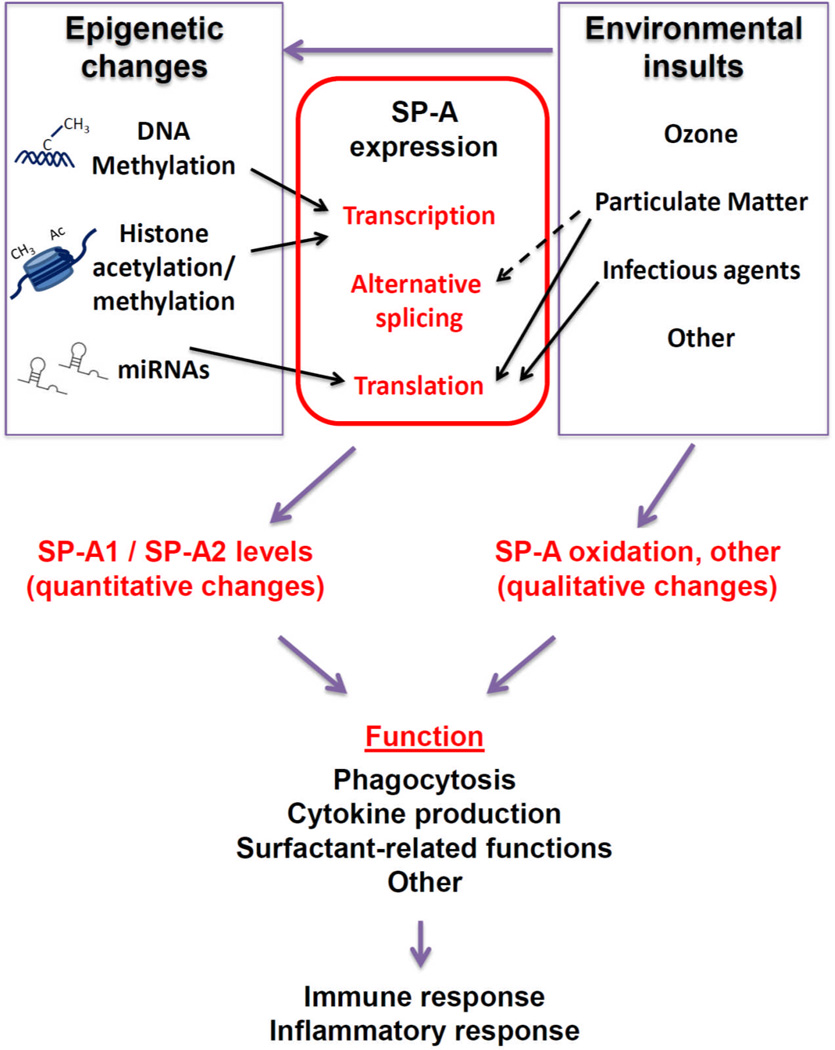Figure 1. Epigenetics and the environment on SP-A expression and function.
The effects of different environmental pollutants on epigenetics have been extensively studied and reported [1–6]. Environmental insults hold the potential to affect SP-A both qualitatively and quantitatively. Epigenetic mechanisms affect SP-A expression by altering transcription including methylation of CpG sites in the SP-A promoters [24, 74], and modifications of histones located in the chromatin of SP-A regulatory sequences [75, 76]), as well as translation efficiency (miRNA-mediated repression [77]). As a result, the relative content of SP-A1 and SP-A2 is affected, resulting in altered immune and inflammatory responses. SP-A is also affected by environmental insults. Oxidation of SP-A is increased after ozone exposure [43, 47], with subsequent effects on innate immunity and inflammatory processes [26, 43, 85]. An effect of particulate matter on alternative splicing of SP-A transcripts (our unpublished data), and on translation may also occur [25]. Particulate matter and infection with RSV affect SP-A levels by altering translation efficiency [25, 83]. Arrows indicate published data; broken arrow indicates preliminary/unpublished data.

